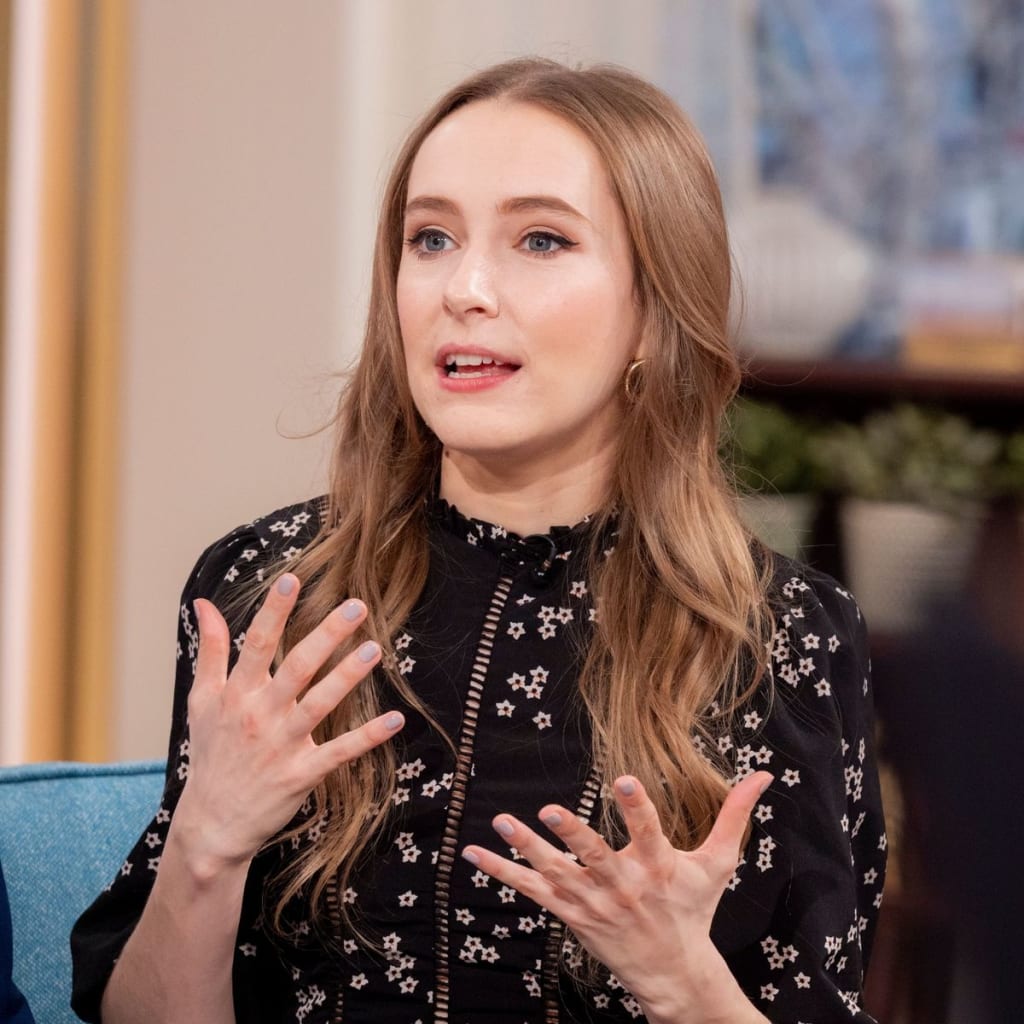
British sign language is the first or preferred language used amongst the deaf community in the UK. There are an estimated 151, 000 users of BSL in the UK of which 87000 are deaf. In the 2011 England and Wales Census, 15000 people living in England or Wales reported using BSL in their every day lives.
BBC EastEnders actress Rose Ayling Ellis has called for British Sign Language to be recognised as an official language in the UK and given legal status which will help enable people who are deaf or hard of hearing receive support when they need it to adjust to every day life.
The news comes as part of a new campaign to make the language an officially recognised one in the UK and help to provide support for those who need it.
“It’s been recognised as a language, but it’s not been official. That becomes such a big problem.
“I have heard so many stories about deaf people going to a doctor appointment and they ask for an interpreter and they don’t refer them an interpreter, so they end up needing their child to translate, or a family member. That shouldn’t be.
“Because it’s not an official language, we can’t do anything about it.”
There have been strong calls for the language to be added to the National Curriculum and taught in schools. This would help make it more of a natural way of thinking and help provide much more equality for people who have hearing problems.
The British Government has now pledged to make British Sign Language an official language and be recognised all over the world. The developments come following a new bill which was proposed by a Lancashire MP.
West Lancashire MP Rosie Cooper has said she is “delighted” after the news that her British Sign Language Bill passed ‘second reading’ and is on its way to becoming law.
This means the government is one step closer to improving accessibility for deaf people by making
British Sign Language (BSL) an official language. By adding British Sign Language to the National Curriculum, it would mean that everyone who attends school would learn it and be able to communicate better in society. It also means that people who are deaf or hard of hearing will feel less isolated and left out from every day society if more people are aware of the language and knew how to use it.
The government’s promise follows a campaign by Rosie Cooper, the Labour MP for West Lancashire, to raise awareness of the difficulties that deaf people face.
She said: “My Bill aims to help put deaf BSL users on a more equal playing field with everyone else, to require the Government to work with deaf people to develop guidance on how public bodies should enable the use of BSL across their services.”
She added that actress Rose Ayling-Ennis, who made history as the first deaf contestant in Strictly Come Dancing, had raised the profile for the need for BSL.
In the UK there are an estimated 90, 000 deaf people who will find it difficult to live their everyday lives with out the use of hearing aids or other devices. When using such devices, it may make people stand out so by making sign language a more officially recognised language in the UK, more people will know it and know how to use it. This will help people with hearing loss feel less isolated as they will be able to communicate better with other people in mainstream society. This helps every day life flow better and allows more people to interact and communicate with each other.